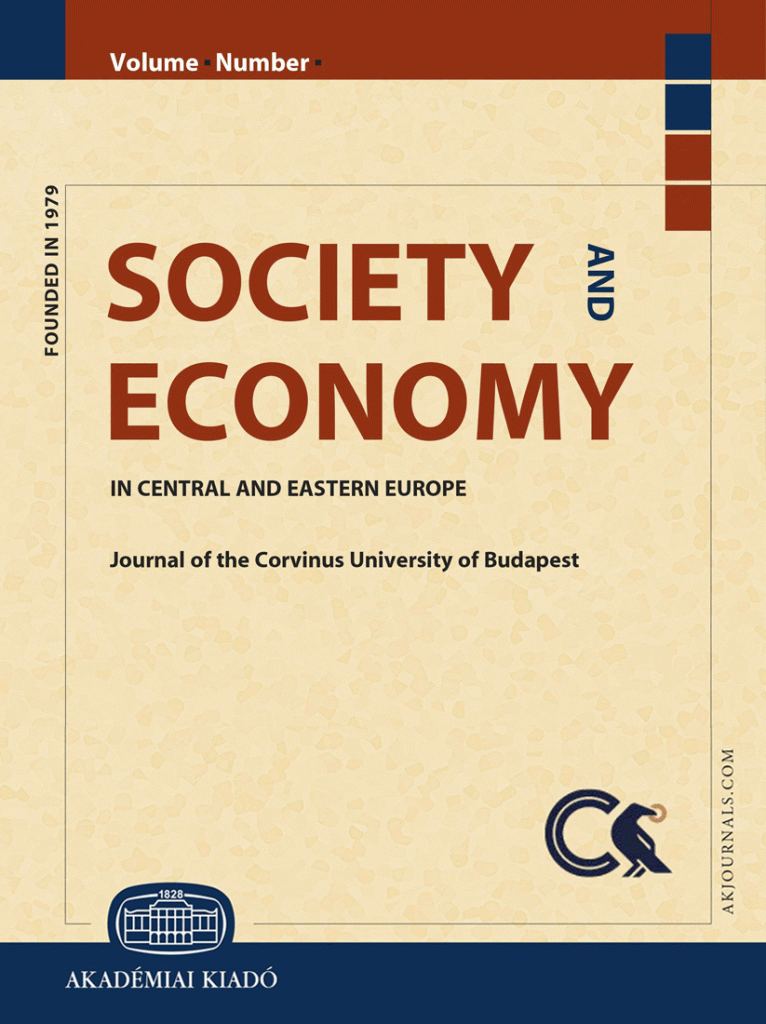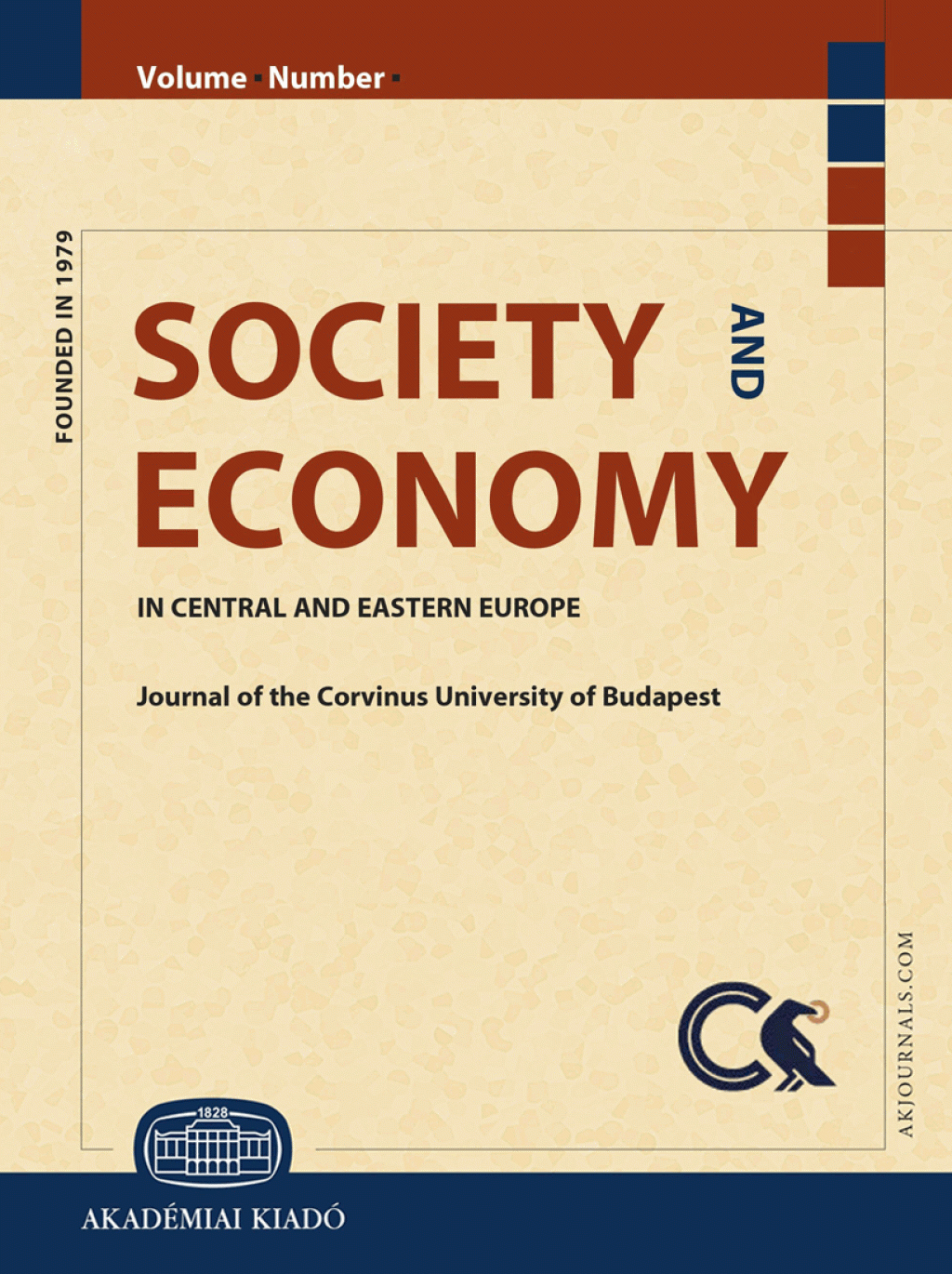‘Space-time dents’ in global value chains – The Hungarian case
Authors: Tamás Gáspár and Magdolna Sass
In: Society and Economy, 45(3), 173-185.
DOI: https://doi.org/10.1556/204.2023.00020
Abstract
The paper takes a special perspective to summarise what researchers have revealed on global value chains in Hungary. The ‘space-time’ structure is how the ‘force field’ of the amount of value added is shared and how the process it creates characterises specific global value chain networks. There is a growing literature that reveals the ‘dents’ of the GVC force field: the uneven distribution of value-added content, and mainly the controversial possibilities to upgrade in the network. Hungary is a typical example of a semi-peripheral or integrated periphery country. The paper discusses the lessons of different global value chain relations of the country in different geographical environments in terms of the two dimensions of ‘space’ and ‘time’; that is the potential and structure of value added and its dynamics, as well as compares them through an automotive industry case study.




